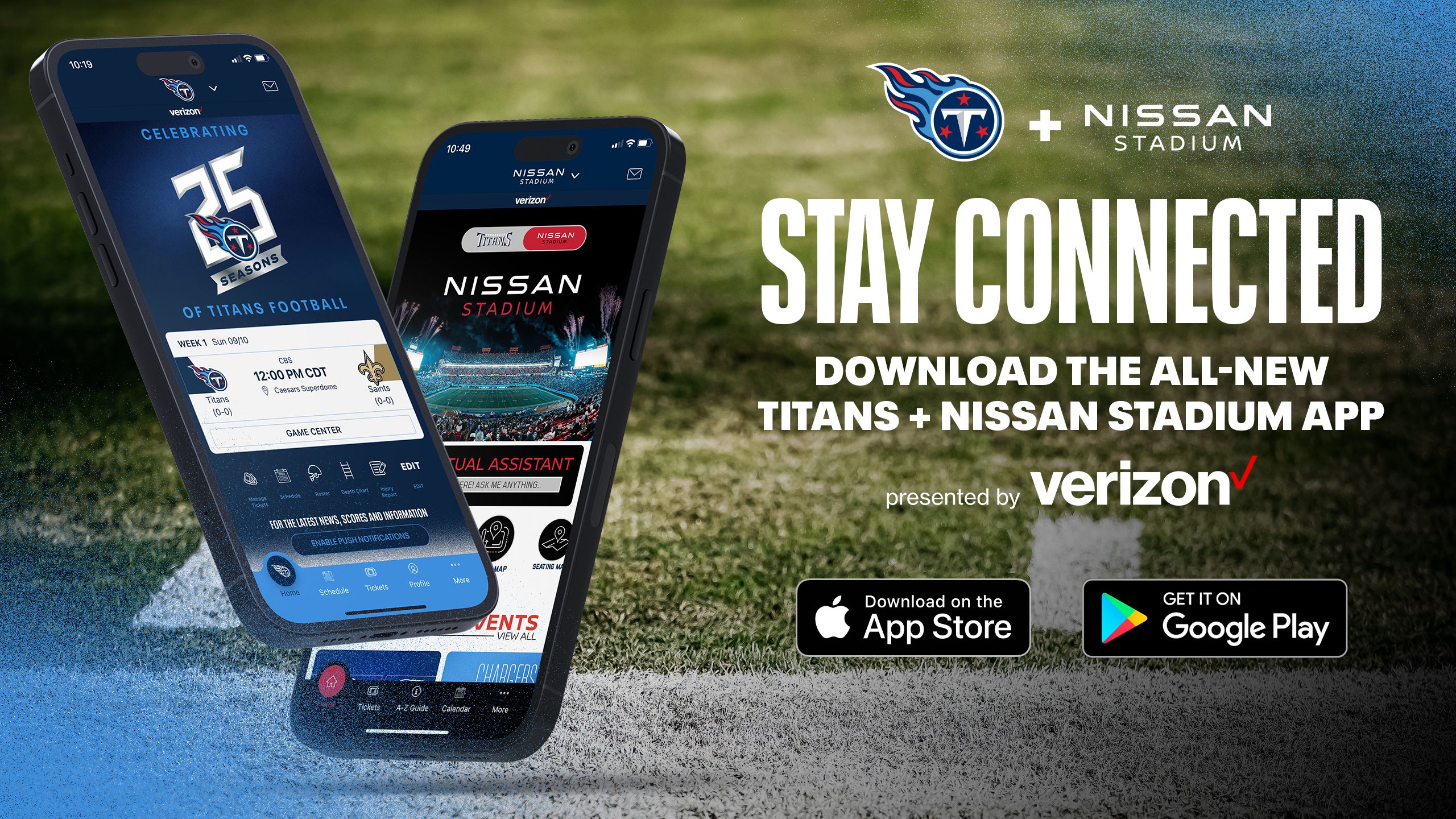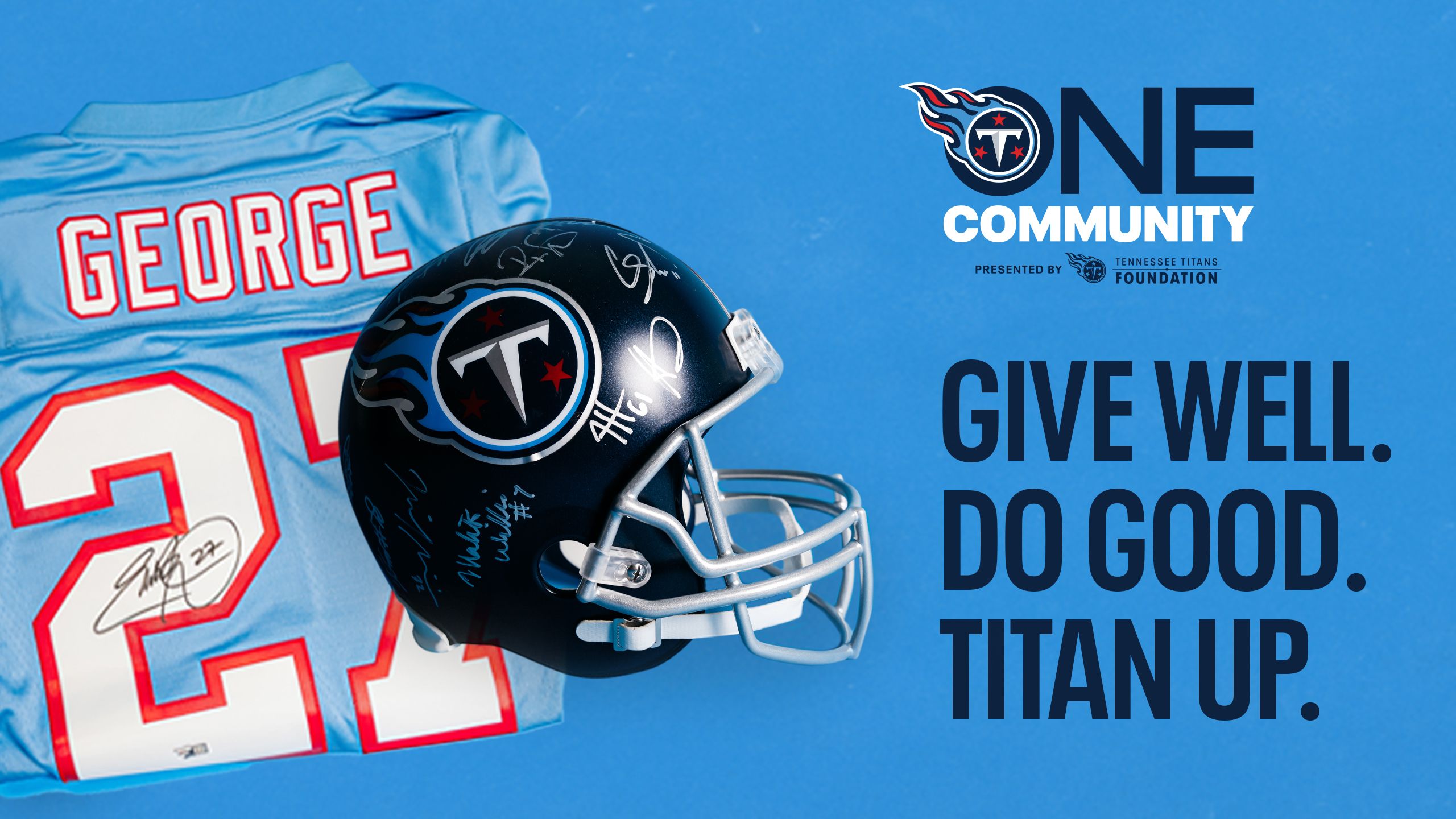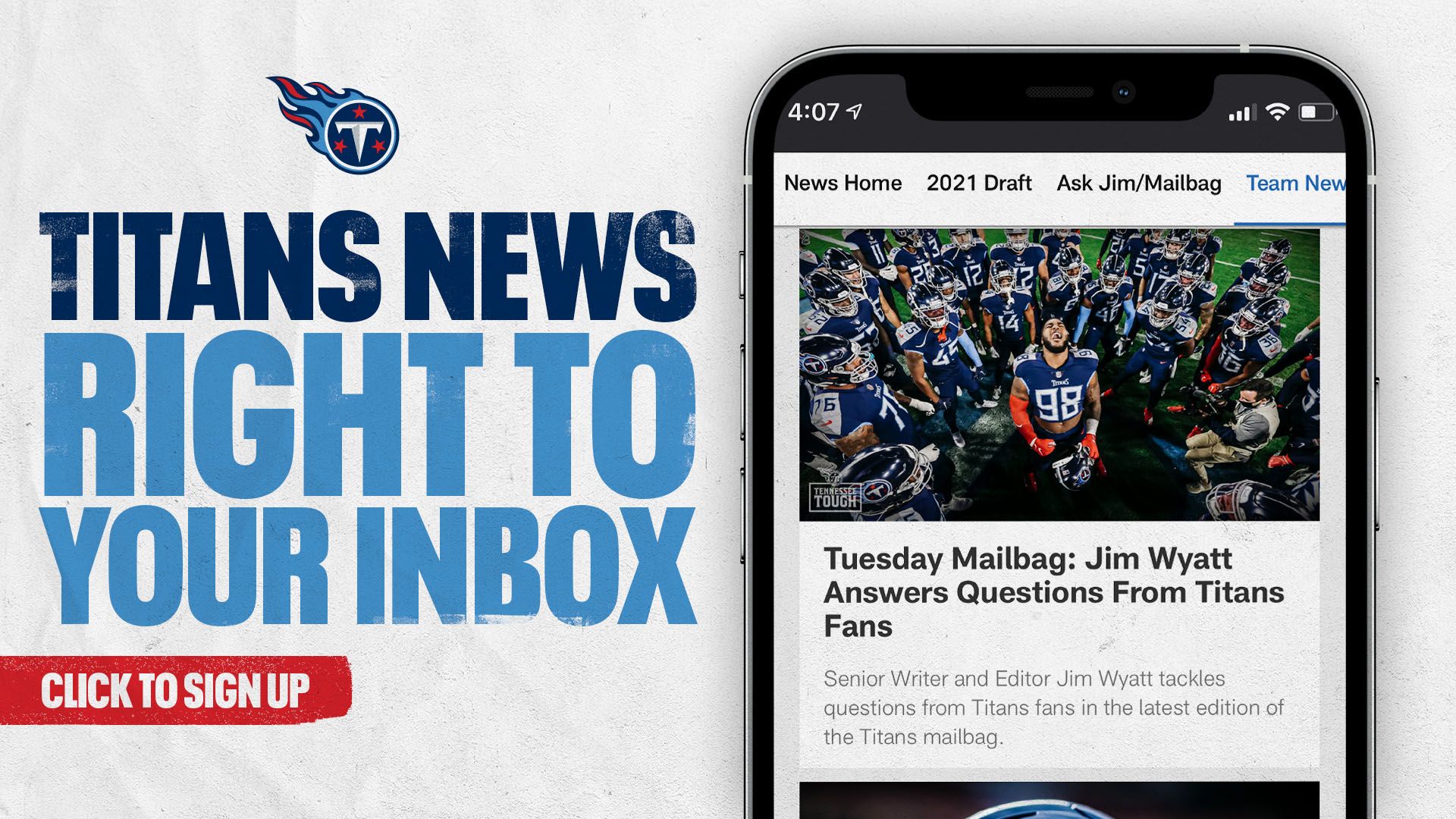Describe the way you've emphasized character off the field and the importance of repetition in pursuing perfection on the field throughout your career.
 |
| Sylvester Croom coached Rams running backs for three seasons and in Jacksonville last year before joining the Titans. Click here to read more about Croom's career path. |
Winning is important to me. I want to be No. 1 at anything I'm going to be involved in. I feel like if you're going to be in it, somebody is going to win so I figure I'm working just as hard as anybody else, so why shouldn't I be part of the win? I believe the way to win is not really that complicated, but it's not easy either. It's simple: this game is about doing things right all the time. That sounds so simple, but repetition can be boring, it's hard, there's nothing really glamorous about it, but that's what it takes to win: do things over and over until it becomes second nature. I often say to our players when they come in that there's nothing natural about football. Nobody walks around in a football position. It's just not natural. You don't walk around with your bend in your ankles, knees, hips and joints and your hands in striking position. You don't do that, so it has to be repeated over and over and over again. That's what's hard because guys do, particularly at this level, have so much natural ability and the game has come easy to them. Playing the game comes easy to them; winning a championship is not easy. That's what guys have to understand: playing the game is not winning a championship. There's a lot of guys that play the game every year. In fact, 31 other teams play the game every year but one wins a championship every single year. The one that wins is the one that, you've got to stay healthy, you've got to have some good fortune, but who have the most guys who are committed to doing the little things right throughout the entire year.
You've coached Eric Dickerson and Barry Sanders, and now you'll be coaching Chris Johnson. Is there a difference in how you coach a star player and a role player?

I guess there is. … There are more demands (on the star player) because to me, when you have achieved the level of success, and especially when you are the face of the franchise, the demands are greater, but there is a respect and there are certain privileges that go with that. … I think the biggest thing is the communication. I think there has to be a different level of communication than with a younger player. For me, it's not that much different but I do communicate with veteran players on a different level. It's not any less demanding, I can assure you that. But most of it's done in a one-on-one situation. If there's a disagreement, if I have a problem, I try to give them the respect of communicating that in a private way.
You've seen Chris in person this past year and…
I've seen him in person too many times.
But now it's going to be a positive.
You better believe it. I'm glad I'm playing on this side.
What's the difference you can learn about a player from watching him on film and coaching him in person?
First of all, I'll say this from being on the other side: I've only had two running backs that I've ever coached against that literally, standing on the other sideline, just scared me to death. One of them was Bo Jackson, and the other is CJ. You knew every time he touched the ball that if he got to the second level, you had no chance, nobody that could get him down. If he got on the linebacker level, we were going to lose on that play because we couldn't catch him. He strikes that kind of fear into the opposition. The thing that I hope he understands is that he has that kind of respect and with that respect comes the obligation to make sure that you continue to fill it.
When you were in Detroit as offensive coordinator you had a 2,000-yard rusher and two 1,000 yard receivers in one season. What was the key to that productivity?

We had good players. I often think about it. I think it was my first year. Denver was the No. 1 offense and won the Super Bowl that year, and we were (73) yards behind them. We had a 2,000-yard rusher in Barry, we had two 1,000-yard receivers in Johnnie Morton and Herman Moore, and we had a really good tight end in David Sloan. We were explosive. Because we had the receivers outside, people had a difficulty loading the box, and even when they loaded it, Barry could beat the safety, the extra guy one-on-one. Because they tried to stop Barry, it singled up guys on the outside for Johnnie and Herman. We actually gave the green light anytime they pressed Herman, it didn't matter what the down and distance was, we would throw it because he was very good at going and getting the jump ball and fade. The quarterback had the green light to throw him the fade pretty much at any time during the game. The thing I remember the most is people would lay off Johnnie because they wanted to load the box against Barry, so we would just throw what we called a 'look' pass then. We'd call a run, the guy would be off Johnnie five or six yards, and Johnnie could make a guy miss, so we'd just throw it out there. One game I think we threw it out there to him three plays in a row because they threw it. I would call a run again. It didn't matter; the quarterback would throw it out there, get another five or eight. I said, 'Until they stop it, we'll keep throwing it out there,' and that's pretty much the way the offense ran. It started with Barry, but when they tried to take Barry away, and those two guys outside had a chance to make plays, we tried to take advantage of it, but we were not a complicated offense.
It sounds like everyone's strongest attributes added another element that challenged defenses.
No question. Barry was the key, but if they pressed Herman, that was his strength so we took advantage of that, and Johnnie was very good at running reverses and crossing routes, so we actually were able to do what they did best.
It started with the offensive line first because they're the key. Then it went to Barry. Here it will be the offensive line and CJ. That's where we'll start, and then the other guys will play off that. We have to be good enough in the run game with our offensive line and CJ to where it creates one-on-ones for our wide receivers. If our receivers play well, which we fully anticipate, if we can force double coverage outside on one of them, then that should make our running game a lot easier. It's critical that we get all of the pieces. Once you get all of the pieces to the puzzle, then it's just a matter of whether we've got the right attitude or not. Once you've got all the right pieces and everybody knows what their role is and is content to playing their role to the best of their ability every play every day for a 16-game season, then good things happen.

















